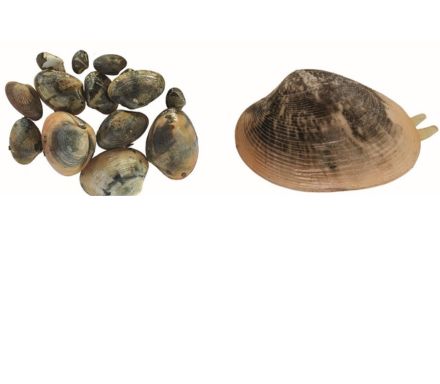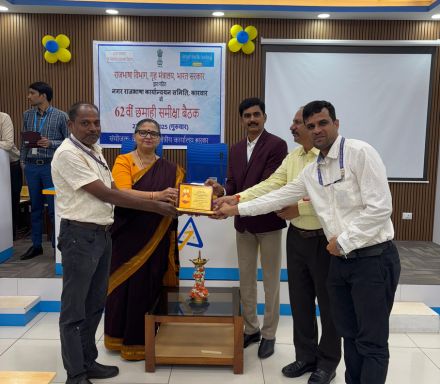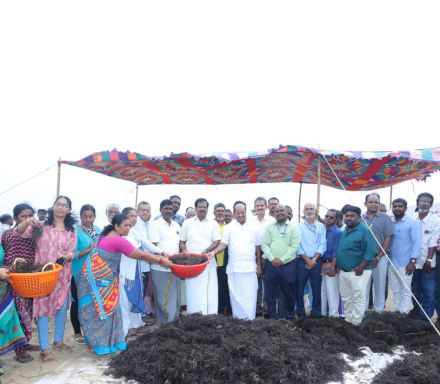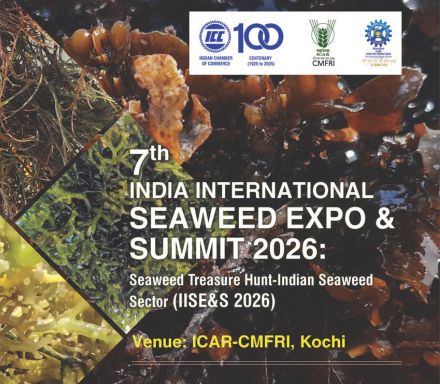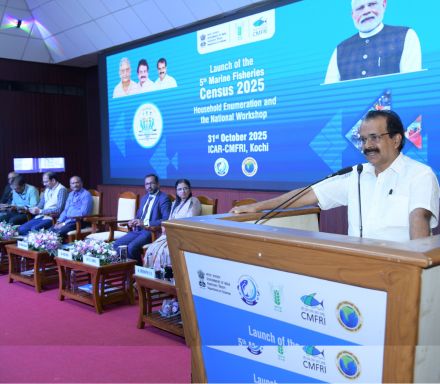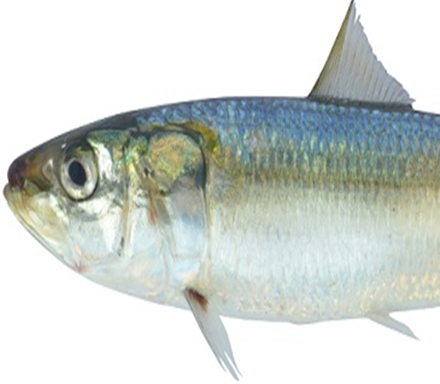
Breakthrough in Indias marine fisheries: ICAR-CMFRI
In a major breakthrough in Indian marine fisheries research, a team ofscientists at the ICAR-Central Marine Fisheries Research Institute (ICAR-CMFRI),Kochi, has decoded the whole genome of the Indian oil sardine (Sardinella longiceps), a popular foodfish. This is the first time that the genome of a marine fish species that isimportant to harvest fisheries in the Indian subcontinent has been decoded. Indianoil sardine is a vital fisheries resource in the Indian subcontinent,contributing substantially, approximately 10-15%, to the total marine fisheriesindustry in India.
Milestone in Indianmarine fisheries
This development is a milestone in Indian marine fisheries as thedecoded genome will be a valuable resource for understanding the biology,ecology and evolution of the oil sardine. This critical genome data could beused to improve the management strategies for the conservation and sustainableutilisation of this fish.The decoded genome is 1.077 Gb in size and contains a total of 46316protein coding genes. This landmark research accomplishment was achievedthrough the cutting-edge Next Generation Sequencing technology by a group ofresearchers led by Dr Sandhya Sukumaran, Principal Scientist at MarineBiotechnology, Fish Nutrition and Health Division of the ICAR-CMFRI. This researchhas been published in the high impact journal Scientific Data of Nature group.
Certification and catch monitoring
This fish is a trans-boundary resource and the whole genome informationcan also be utilised for certification of the fishery and identification of theorigin of catch for monitoring clandestine trade and tracking the movement ofthis enigmatic fish.
Supports climate study
Small pelagic fishes like the Indian oil sardines can be considered asmodel organisms to study the climatic as well as fishing impacts on the IndianOcean resources, as they respond to variations in environmental andoceanographic parameters. The sardines are ecologically important part of themarine ecosystem, as they form an intermediate link in the food web and serveas prey for larger predators. The genome assembly of the sardines is a valuabletool for studying how fish adapt to climate change. Genetic and genomic investigations found that Indian oil sardines existin two highly distinct stocks, one in the Indian waters and another in the Gulfof Oman. Understanding these genetic differences could help researcherscomprehend how environmental and oceanographic conditions impact this speciesin different regions of the Northern Indian Ocean.
Beneficial to nutritional research
The researchers have also identified the genes involved in thebiosynthesis of polyunsaturated fatty acids (PUFA) of the oil sardine, offeringinsights into the genomic mechanisms behind the high nutritional quality ofthese sardines. Oil sardines are a good source of these fatty acids, which playa crucial role in maintaining human health. The researchers behind theachievement are of the view that their findings could support scientists infinding critical leads in nutritional research and developing new dietarysupplements or fortified foods that are high in PUFAs. Further, it supportsstudies on synthesizing PUFAs through transgenesis or gene editing techniquesin organisms of choice to improve nutritional quality.

